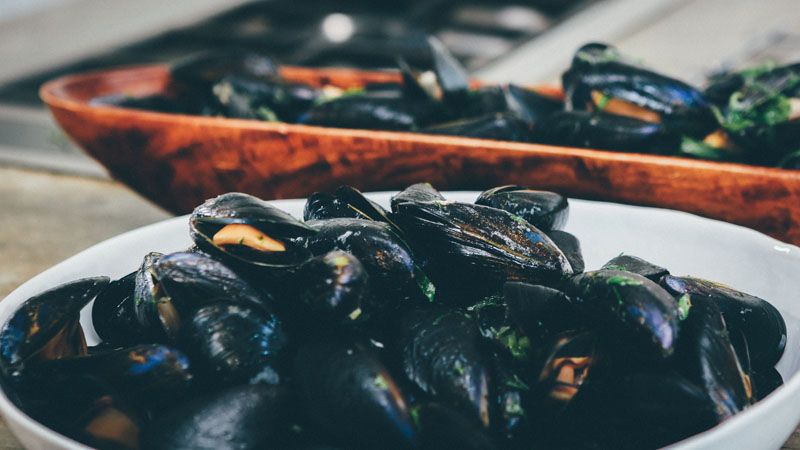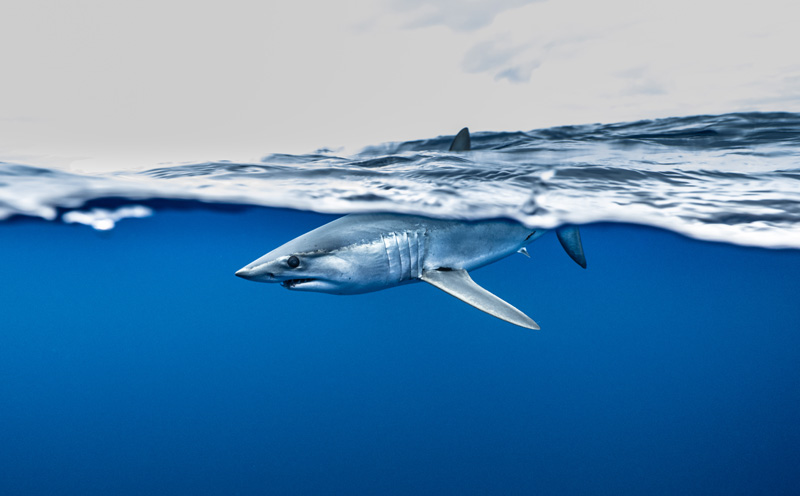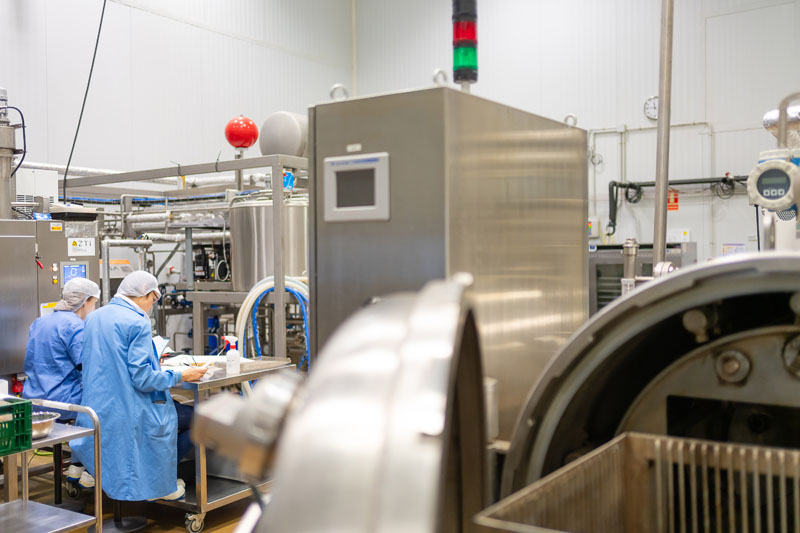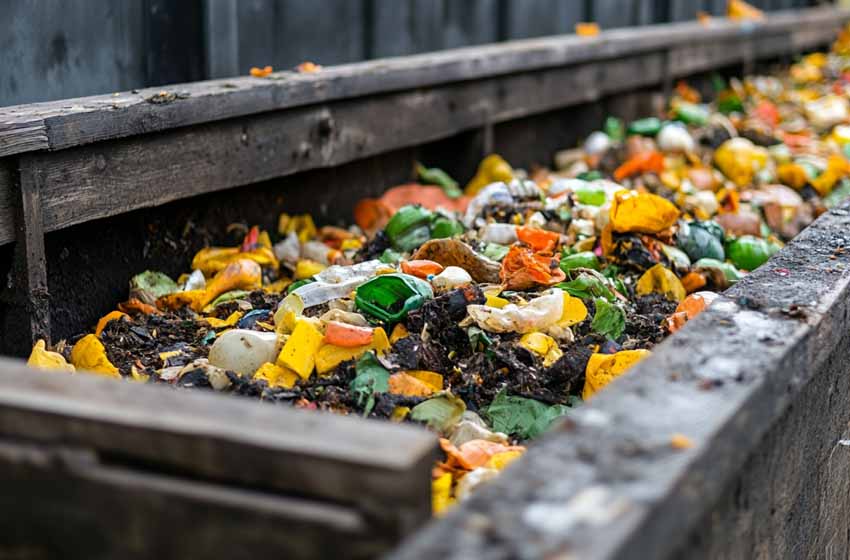An innovative genetic chip developed by AZTI and the USC guarantees the authenticity of Galician mussels
Últimas noticias
The first shortfin mako shark tagged in the Bay of Biscay by AZTI, advancing conservation efforts
Savour and sustainability: insects in gastronomy
Catching fish living at depths of more than 200 meters may have climatic consequences
- It will serve to distinguish the geographical origin of mussels cultivated in Galicia from other localizations. It was developed using the genetic profile of the Mediterranean mussel species Mytilus galloprovincialis, identifying its specific genetic markers. It offers producers and expert researchers a powerful genomic tool to identify, validate and assess complex genetic traits in this species.
- The results may contribute to the sustainable exploitation of these species, avoid commercial fraud and guarantee traceability.
- The project is funded by the European Union Interreg Atlantic Area programme. It began in 2018 and 19 partners in six countries have been taking part.
27th June 2023- World aquaculture production of mussels reached 2.11 million tonnes in 2018, with an approximate value of 4,519 million dollars, according to figures published in 2020 by the United Nations Food and Agriculture Organisation (FAO). In the European Union, these molluscs represent the 34% of total aquaculture production. Galicia, responsible for over 97% of the aquaculture in Spain, is the leading producer among EU countries of one of the two main species, Mytilus galloprovincialis, also known as the Galician or Mediterranean mussel.
Guaranteeing origin and traceability especially important in the case of mussels due to their importance in international trade and the long distances between where they are produced and consumed.
As part of the European SEATRACES project, led by the CSIC, with the aim of improving geographical identification of mussels, enhancing its management and preventing possible food fraud, the AZTI technology centre has led research consisting of a genetic study to analyse over two hundred samples of mussels of different geographical origins.
In total, using Next Generation Sequencing a techniques, researchers identified 17 specific markers making it possible to distinguish the geographical origin of the mussels highly accurately.
On the basis of these markers, researchers at AZTI worked together with the University of Santiago de Compostela (USC) to develop a genetic chip with the genetic profile of the Mediterranean mussel species Mytilus galloprovincialis, offering producers and expert researchers a powerful genomic tool to identify, validate and assess complex genetic traits in this species.
The results are important to understand the genetic dynamics of cultivated mussel populations and assess the effectiveness of handling and selection processes in aquaculture. They also provide valuable information to develop conservation and genetic improvement strategies for this species of economic and ecological importance.
“Tracing the geographical origin of this species is crucial to developing and implementing management strategies to mitigate invasion and protect the sustainable exploitation of native species,” explains Ane del Río, an AZTI researcher and expert in food integrity.

Boosting confidence
The ability to accurately identify the geographical origin of mussels, as well as being very important for the sustainable management of aquaculture and fisheries, also has implications for both producers and food authorities and consumers.
“Producers can use these genetic markets to certify the origin of their products and boost consumer confidence. For their part, food authorities can use this information to ensure compliance with traceability and food safety regulations,” adds Ana del Río.
SEATRACES is funded by the EU Interreg Atlantic Area programme and coordinated in Galicia by the CSIC, the Spanish scientific research council, through the food biochemistry group at the Institute for Marine Research (IIM). This research was led by AZTI, with the participation of the University of Santiago de Compostela (USC).







